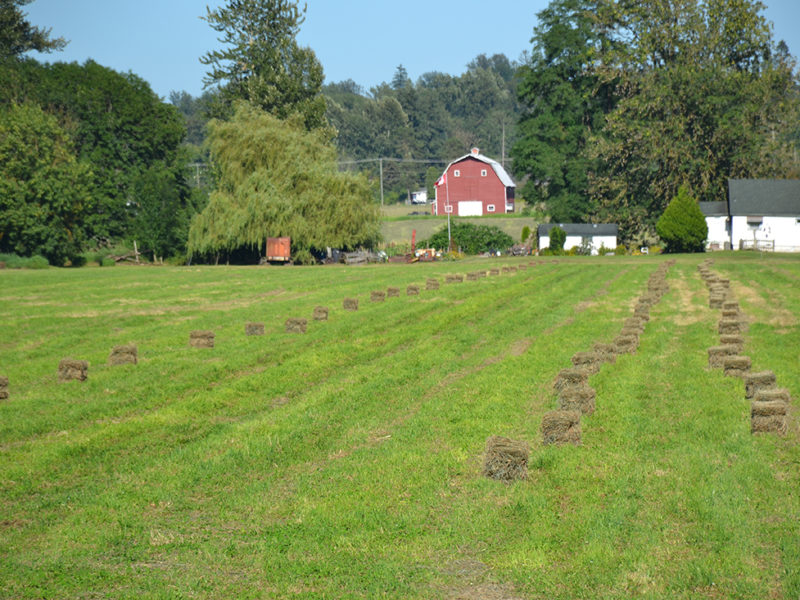BC farmers won’t have to worry about losing farm class status of their properties in the coming year.
The province announced July 29 that all properties currently classed as farms with the BC Assessment Authority would continue to hold that status on the 2021 tax roll.
“Our government is committed to helping farmers maintain their farm classification for 2021 to ensure they can produce the food people in BC rely on,” said Selina Robinson, provincial minister of Municipal Affairs and Housing, whose portfolio includes BC Assessment.
The exemption does not apply to properties subject to a legal change, including a change in ownership or subdivision, according to the province, nor to any property with a change in use or where a lease is expiring.
In addition, new applications for farm class and retired farmer designations will be processed as usual by BC Assessment.
Provincial regulations require that properties between 2 and 10 acres generate at least $2,500 to be classed as farms by BC Assessment. Smaller properties must generate revenues of $10,000 while larger properties must generate $2,500 plus 5% of the actual value of the farm property in excess of 10 acres.
The province’s agriculture ministry said smaller growers had reported challenges in meeting the sales thresholds.
According to BC Assessment, approximately 51,000 properties in the province are classified as farms. The number is relatively stable from year to year, with approximately 200 applications for farm class status each year.
The province says it is unclear how many properties risked losing farm class status prior to the recent change “as it is still very early in the farm production cycle.”
With files from Myrna Stark Leader


 BC organic growers flourish
BC organic growers flourish